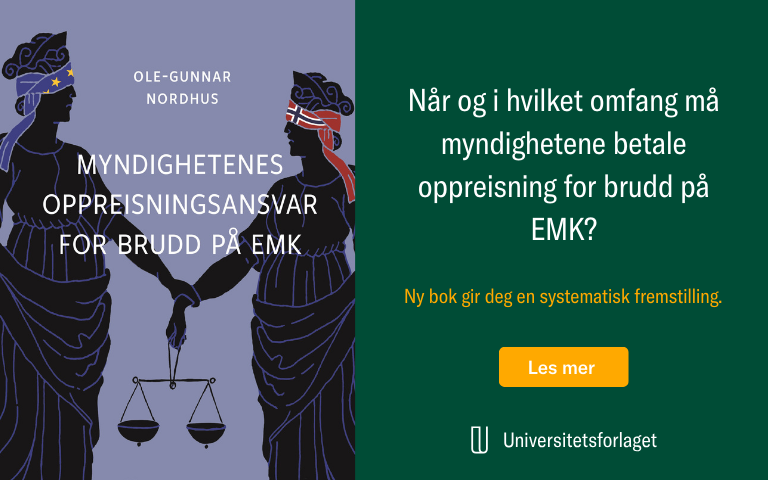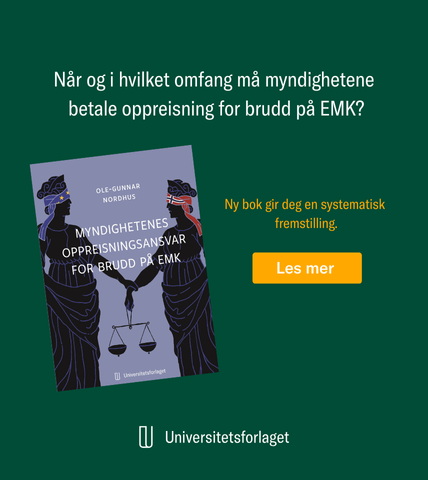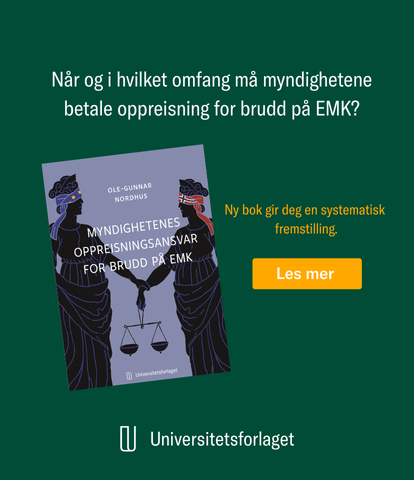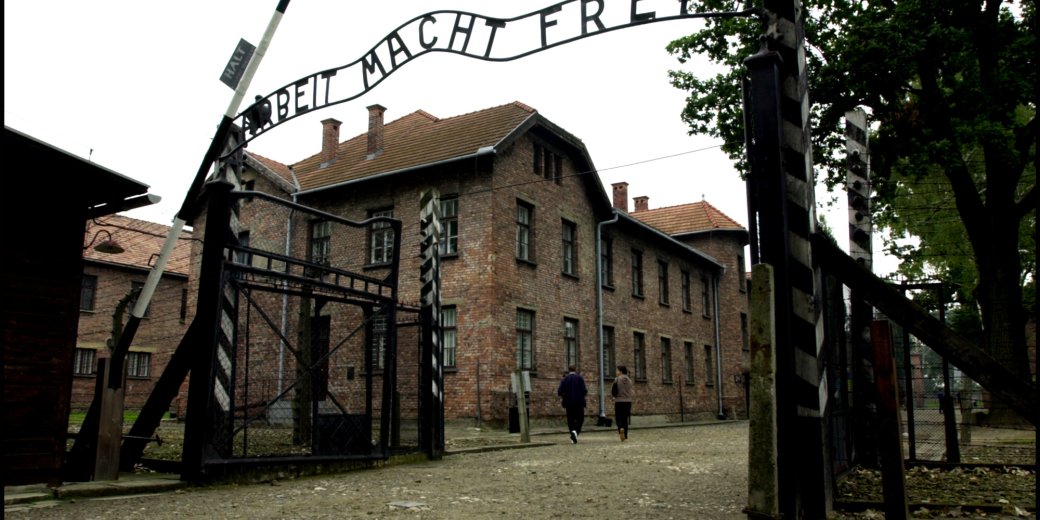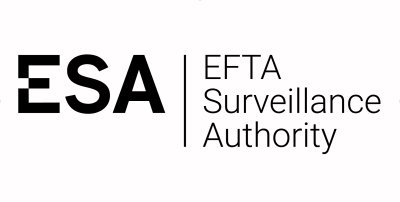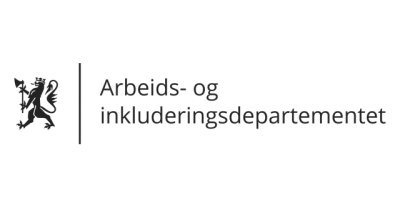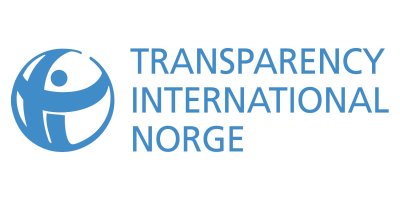Oskar Gröning, ofte benevnt som «regnskapsføreren i Auschwitz», ble i 2015 dømt til fire års fengsel for medvirkning til drap på 300.000 mennesker i dødsleiren Auschwitz-Birkenau. Bakgrunnen var at han som 21-åring meldte seg frivillig til Waffen-SS, før han i 1942 begynte å jobbe i Auschwitz. Der bokførte han verdiene som ble beslaglagt fra jøder og andre fanger.
Under rettssaken erkjente Gröning sin nazistiske fortid og sa at han tok et «moralsk ansvar» for holocaust.
Rettssaken i 2015 var imidlertid ikke første gang tysk påtalemyndighet interesserte seg for Gröning. Allerede i 1978 ble han avhørt om sin rolle i jødeutryddelsen. Den gang ble det ikke funnet noe bevis for straffbare forhold, og saken ble lagt bort. Dette ble imidlertid aldri kommunisert til Gröning. Han har derfor overfor EMD anført at etterforskningen i 1978 og straffesaken i 2015 var én og samme prosess, og at en så lang iretteføring krenket hans rett til rettergang innen rimelig tid, EMK artikkel 5.
Svaret på klagen dette fikk Gröning aldri med seg, for han døde våren 2018, 96 år gammel. Og det var kanskje like greit, for EMD er ikke med på notene i det hele tatt. Retten mener den henlagte prosessen på 70- og 80 tallet var en separat straffeprosess, og at man derfor ikke skal se tidsbruken samlet. I det offisielle referatet skriver domstolen:
«In particular, while both investigations had concerned the applicant’s role in the functioning of the camp, they had been conducted by different public prosecutors’ offices and quite a lengthy period had elapsed between them.
Moreover, there were several indications that the applicant had known that he no longer had to fear criminal prosecution as of 1985, in particular due to remarks made by the senior public prosecutor in charge of the prior proceedings that he had only been of interest as a witness for the prosecution. Indeed, the applicant’s conduct between 1985 and 2013 showed that he had trusted in the senior public prosecutor’s remarks. He had testified as a witness in criminal proceedings against perpetrators from the extermination camps and had openly talked about his role in the camp during interviews for British television and a German newspaper. That interpretation was also consistent with a statement by the public prosecutor who had attended the applicant’s trial, quoting him as saying that he had never realised that he had been an accused.
The Court thus concluded that the applicant had ceased to be affected by the charges levelled against him by the end of 1985, at the latest, meaning that there had been two sets of criminal proceedings against him.»
Avgjørelsen finner du her.






.png)

